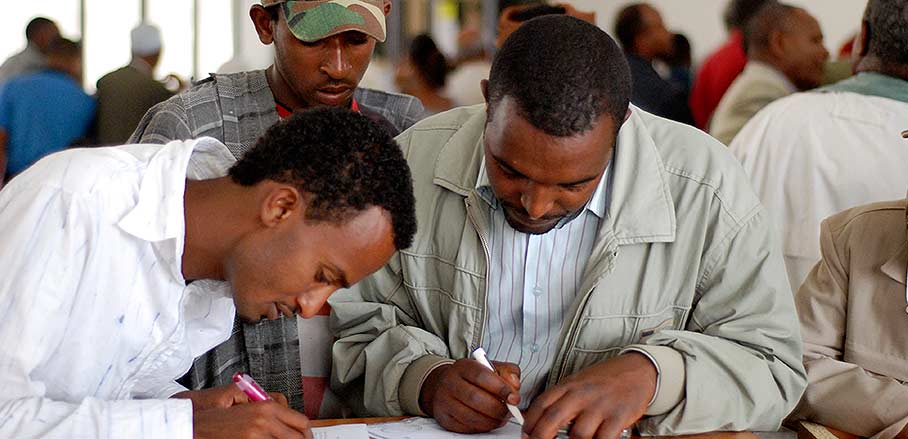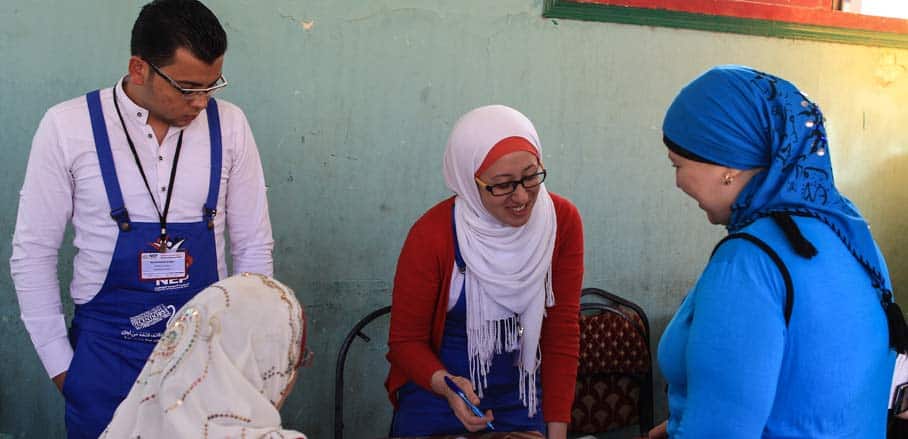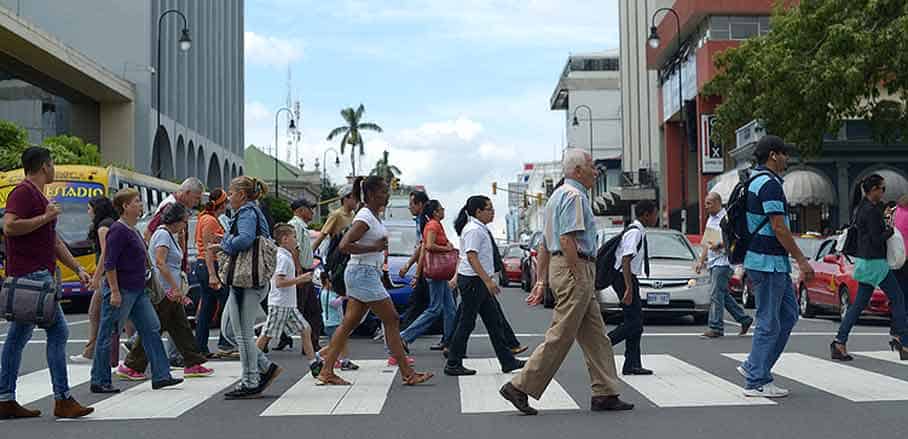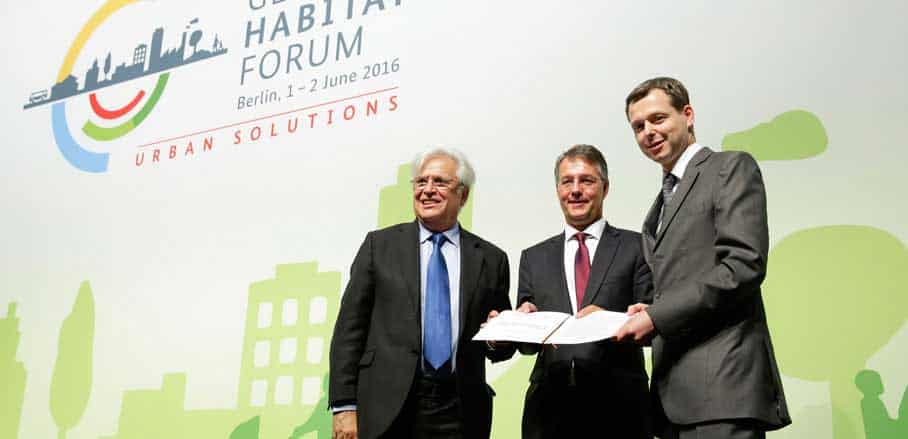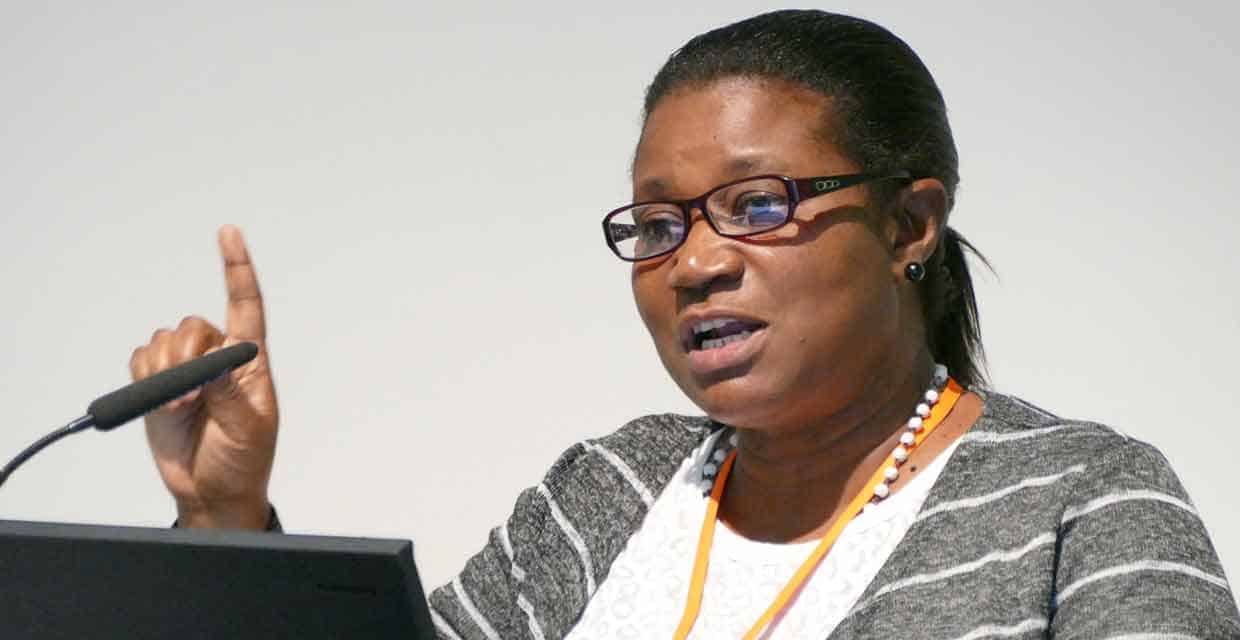“Participation is a prerequisite for sustainable urban development”
According to Franziska Schreiber and Kaj Fischer from the think tank adelphi, innovative participation processes make cities more livable. URBANET talked to both urbanisation experts about how municipalities and residents can work together to shape their city.
